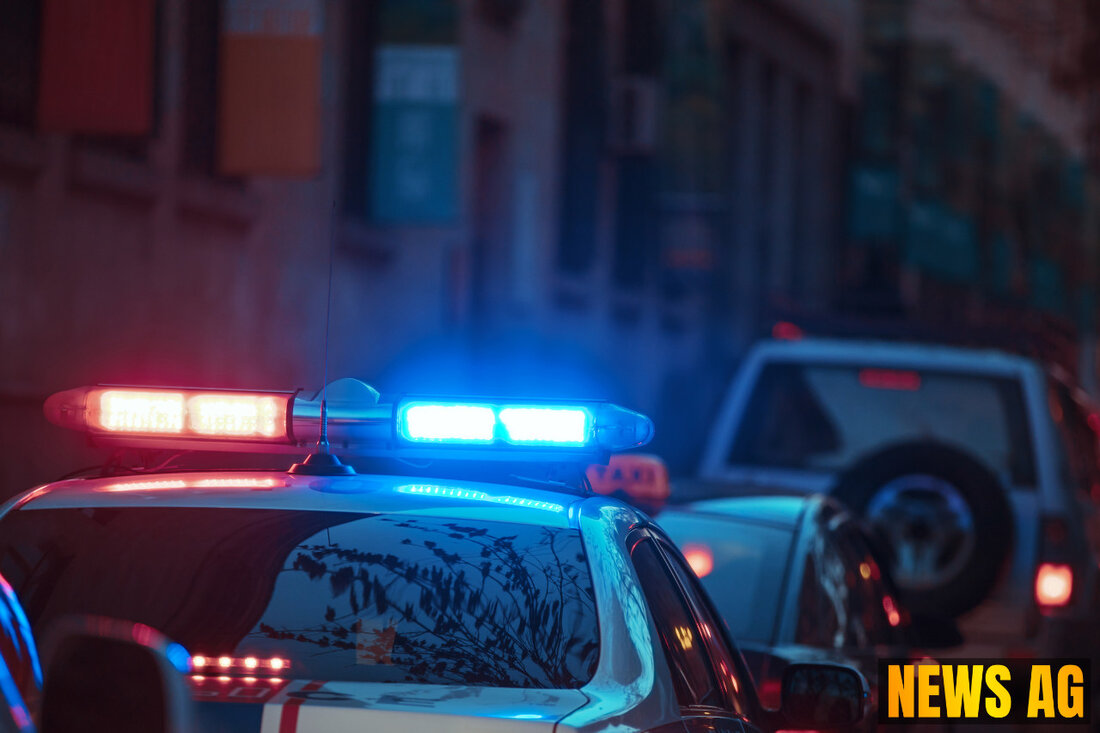Remembering the Pulse Nightclub Tragedy: A Legacy of Hope and Change

Pulse, Orlando, Florida, USA - As the sun rises on June 13, 2025, we reflect on a tragedy that shattered our community and scarred the nation. The Pulse nightclub shooting, which took place on June 12, 2016, claimed the lives of 49 individuals and left 53 others wounded. This horrific event marks the deadliest act of violence against the LGBTQ+ community in U.S. history, and its implications continue to resonate deeply in Orlando and beyond.
The rampage was unleashed by Omar Mateen, a 29-year-old security guard, who waded into Pulse during „Latin Night,“ armed with a SIG Sauer MCX rifle and a Glock 17. Within minutes, he had fired more than 110 rounds, creating chaos and fear among patrons, most of whom were Latino. The horror of that night is unfathomable; it became the worst terrorist attack on U.S. soil since September 11, 2001, a grim mark on our history. Mateen’s motivations, as gleaned from his 911 calls during the attack, were framed by his allegiance to ISIS and spurred by his perceptions of U.S. military actions overseas Headlinesurfer reports.
A Community in Mourning
In the aftermath, Punta’s tragedy led to widespread mourning and outrage. Annual vigils have become a staple event, where families and loved ones gather to honor the 49 victims, including Edward Sotomayor Jr. and Stanley Almodovar III. These remembrances serve not only to commemorate those we lost but also to provide solace to survivors still grappling with the shadows of that night. The City of Orlando has taken steps towards healing, purchasing the nightclub site in 2023 to construct a permanent memorial, with plans for completion by 2027. This commitment symbolizes a much-needed step towards remembrance and reconciliation.
Law enforcement, including the Orlando Police Department and Orange County Sheriff’s Office, faced significant challenges during the three-hour-long standoff with Mateen, who was ultimately killed as officers breached the building. The bravery displayed by first responders, including an off-duty police officer on site, highlights the danger they encounter daily. Discussions among officials after the fact have illuminated the need for improved protocols in active shooter situations Wikipedia notes.
Addressing Gun Violence in the LGBTQ+ Community
The Pulse tragedy serves as a grim reminder of the distressing trends in violence faced by LGBTQ+ individuals. Statistics show that intimate partner violence, public shootings, and hate crimes are on the rise. Nearly 60% of bias-motivated homicides against LGBTQ+ individuals involved firearms in 2017. More disturbing is that those within the LGBTQ+ community are 2.5 times more likely to be victims of weapon-related violence compared to their heterosexual counterparts Northwell Health reports.
This violence often intersects with factors of race and gender, disproportionately affecting women of color and queer individuals. Current data tracking these incidents remains lacking, and funding deficits further complicate our understanding of the problem. Importantly, a study by the National Coalition of Anti-Violence Programs shows that while reported hate crimes have decreased, actual instances of violence against LGBTQ+ individuals have not. This disparity underscores an urgent need for increased awareness, funding, and support for those targeted.
As we remember the victims of Pulse, let us also recognize the ongoing battle against gun violence and discrimination that continues to haunt our community. It is imperative that we honor those lost by advocating for a safer, more inclusive society—one where everyone can gather without fear. Indeed, there’s something to be said for the resilience of the Orlando community, but much work remains to ensure that no one has to endure the pain that came with that fateful night.
| Details | |
|---|---|
| Ort | Pulse, Orlando, Florida, USA |
| Quellen | |
